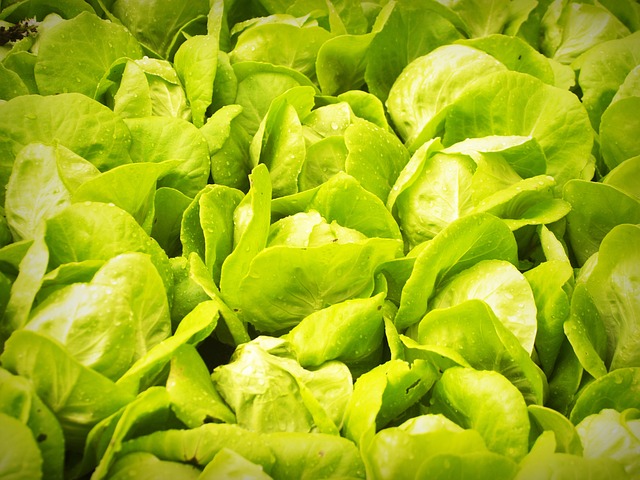September 28, 2017
Singapore-based Packet Greens, a high-tech automated, hydroponic vertical farming startup, has raised a US$1.5 million Seed round led by Spring SEEDS Capital – the venture capital arm of SPRING Singapore, an agency of the Ministry of Trade and Industry tasked with advancing Singapore’s innovative startups – and cleantech fund Trirec.
Packet Greens connect hydroponic technology with automation and the latest in LED advances to grow crops in an indoor vertical farming system. In only 1,500 square feet of space the startup produces 51 types of crops with an output of between 20 and 30 kilograms of vegetables per day. Being able to produce fresh produce under controlled environmental conditions, Packet Greens has eliminated any reliance on pesticides, and is able to grow varieties of food that are naturally not able to be grown in Singapore’s natural climate.
The startup uses half the space as traditional agriculture to produce the same volume of food, with less water, no pesticides, and thanks to LED lighting, in half the time. Looking forward, the startups says they will be working on lowering prices as well.
“Down the road, Packet Greens’ ambition is to ultimately be able to sell its produce at a price that can be competitive to the wholesale price,” Trirec co-founder Melvyn Yeo told Tech in Asia. “Packet Green’s pricing strategy is currently pegged at retail-minus.”
Through an e-commerce platform, Packet Greens sells its produce directly to online customers, but also supplies restaurants, hotels and other online retailers. This year, the company is expecting to triple its 2016 revenue, at $74,000.
Spring SEEDS Capital co-invests in commercially viable, Singapore-based startups, supporting them in developing new products, processes, and application. To be considered for funding, startups must be a private limited company that has paid up capital of between $50,000 and $1 million, according to the fund’s website.
Only two months before the announced leading of Packet Greens’ Seed round, Spring SEEDS Capital announced it was committing up to $100 million, and was seeking out co-investors for investment in “high potential” deep technology startups. The fund was specifically looking to invest in startups involved in “urban solutions and sustainability (USS), manufacturing and engineering (AME), and health and biomedical sciences (HBMS).
Come On In
Since 1982, 24 million acres of U.S. farmland have been lost to development, and the loss continues at a rate of 40 acres of farm and ranch land every hour, according to the American Farmland Trust. More specifically, the California Climate & Agriculture Network states that California, one of the top-producing agricultural states in the country, has lost an average of 50,000 acres of farmland each year for the past 30 years due to urbanization and development.
It is the ability of indoor farming to meet and alleviate these challenges that is driving the market to have an expected CAGR of 30.7 percent between 2015 and 2020, to reach a value of US$3.88 billion by 2020, according to ReportsnReports.
Although indoor farming is catching on in Western markets for a variety of reasons, Asia may be the market of highest potential. Asia consumes 75 percent of all vegetables produced globally, according to the report, The Rise of Asia’s Indoor Agriculture Industry published last year. And shifts in the Asian market including rising pollution levels, greater awareness of food scandals and consumer involvement in the origination of their food, and a growing trend to push for a reduction in pesticide useage have all been factors driving the growth of the indoor ag industry in the region.
The first indoor farm was established in Japan in 1983, and by 2010 Japan had more indoor ag operations than the U.S. had in 2016. Today there are about 450 indoor ag operations active in the country. However, these companies supply less than 0.6 percent of total vegetable output, indicating the great potential for these companies to grab additional market share.
Singapore saw its first vertical farming operation launch in 2012, and by July 2016 there were seven vertical farming operations (including Packet Greens) producing vegetables, fish, and crabs.
With Singapore importing more than 90 percent of its food supply, the government is pushing initiatives supporting indoor farming due to its serious shortage of available farmland. Consumers trends in the region, favorable government support, and population growth expectations, all point toward the nascent potential for investment in indoor ag in Asia.
-Lynda Kiernan

Let GAI News inform your engagement in the agriculture sector.
GAI News provides crucial and timely news and insight to help you stay ahead of critical agricultural trends through free delivery of two weekly newsletters, Ag Investing Weekly and AgTech Intel.




